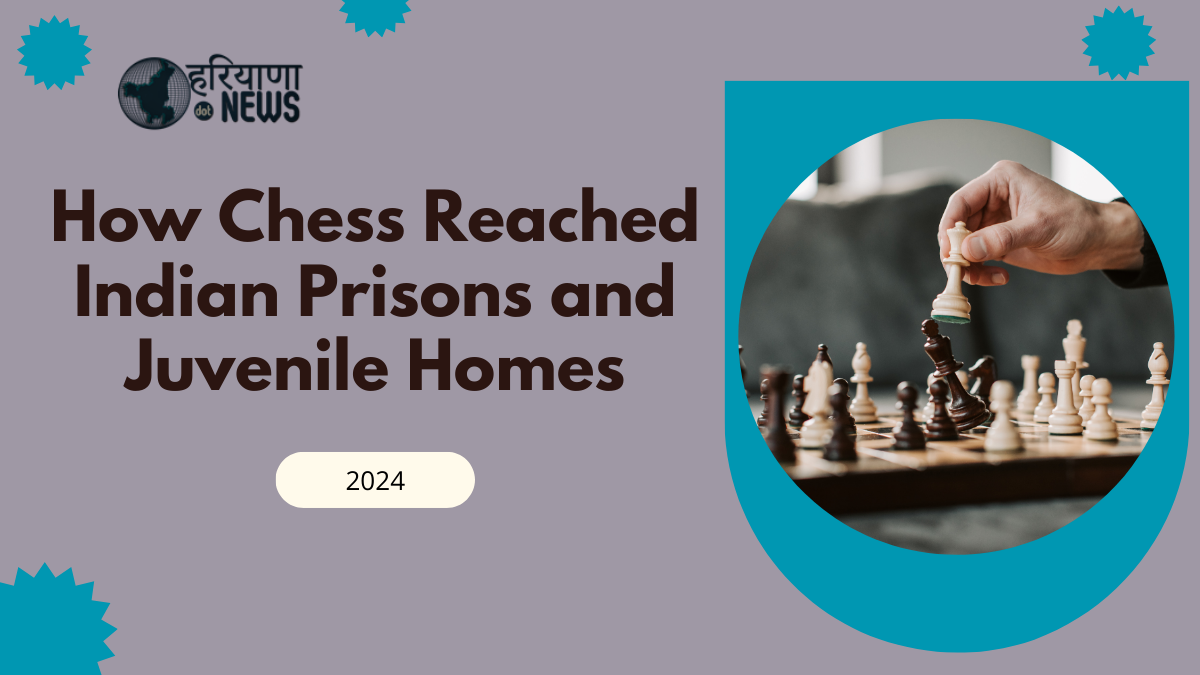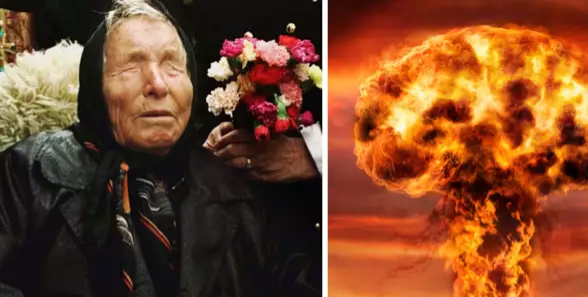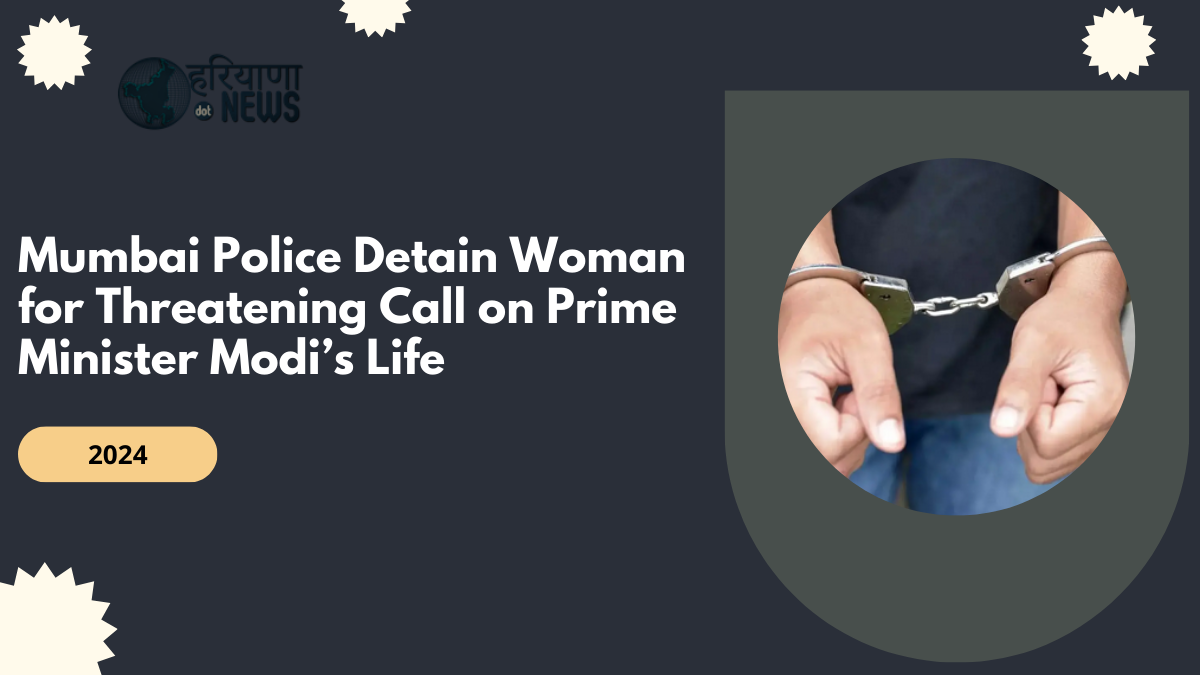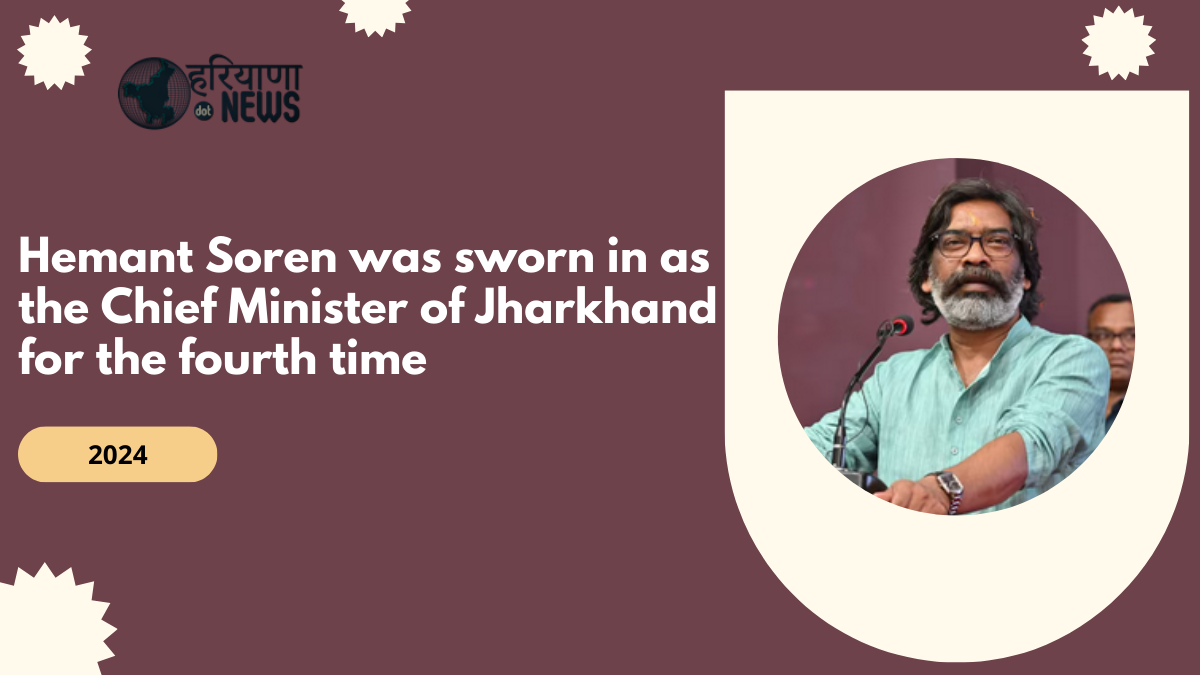Grandmaster Abhijit Kunte shares how chess has become a tool for rehabilitation in Indian jails and juvenile centres, helping inmates and young offenders find a new sense of purpose and gain recognition from the outside world.
India’s Latest Success at FIDE’s International Chess Event for Prisoners
Following India’s remarkable performance at the Chess Olympiad in Budapest, Indian youth teams brought home more medals—this time a gold and a bronze—from the Intercontinental Online Chess Championship for Prisoners, an annual global tournament organized by FIDE, the international governing body for chess. What made these victories unique was that the winning teams were made up of juveniles housed in correctional facilities.
- The juvenile team from Bhopal secured a gold medal.
- The junior team from Elluru prison won bronze.
In addition to these youth teams, two more Indian teams competed. A men’s team from Yerwada Prison narrowly missed the bronze medal, while a women’s team from Tihar Jail lost in a tiebreaker against a Romanian team. In total, the event featured 115 nations, with India represented by nine teams.
More Than Medals: Chess as a Path to Rehabilitation
While the medals are significant, the initiative’s primary goal is much larger: using chess as a tool to transform lives and provide prisoners with a renewed sense of purpose.
Grandmaster Abhijit Kunte, who leads India’s “Parivartan: Prison to Pride” program organized by Indian Oil Corporation, highlights how chess is bringing positive changes to prisons. The program aims to change the lives of inmates by fostering critical thinking and reducing conflict.
“Some of the prisoners were in tough situations, often getting into fights,” says Kunte. “But after learning chess, the violence dropped. Their mindset shifted. One prisoner told me that playing chess made them happy because people outside the prison were thinking about them. Many inmates felt forgotten and neglected, but through chess, they started receiving recognition and found a reason to stay positive.”
The Chess Program’s Impact on Indian Prisons
Kunte has visited 9-10 prisons over the last two years, training around 120 prisoners. Several renowned Indian chess players, such as International Masters Eesha Karavade and Soumya Swaminathan and Grandmaster Lalit Babu, have also volunteered to train inmates by visiting these facilities in person.
Initially, the initiative faced resistance—from inmates, prison authorities, and trainers alike. There were restrictions, such as not being allowed to take photos within the prison. However, as the benefits became apparent, the atmosphere changed dramatically.
Kunte recalls the shift in attitude: “When I first went to the prisons, there was a lot of hesitation from everyone. But by the second visit, the jailor, police, and inmates were all taking pictures with the winning team. It was the first time I saw that both the prison authorities and inmates were united in achieving something for the country.”
 How India vs Australia Became Cricket’s Greatest Rivalry in the Modern Era
How India vs Australia Became Cricket’s Greatest Rivalry in the Modern Era
 Rishabh Pant Dismisses Sunil Gavaskar’s Claims, Suggests Issues with Delhi Capitals Before IPL Auction: “Not About Money”
Rishabh Pant Dismisses Sunil Gavaskar’s Claims, Suggests Issues with Delhi Capitals Before IPL Auction: “Not About Money”
 Australia Legend Worried Rohit Sharma’s Captaincy Might be Threatened if Jasprit Bumrah Leads India in First Test
Australia Legend Worried Rohit Sharma’s Captaincy Might be Threatened if Jasprit Bumrah Leads India in First Test
 KL Rahul Finally Addresses Viral Dugout Incident with LSG Owner Sanjiv Goenka
KL Rahul Finally Addresses Viral Dugout Incident with LSG Owner Sanjiv Goenka
 Kohli and Bumrah’s Absence at India’s First Perth Training Session, Amid Heightened Security
Kohli and Bumrah’s Absence at India’s First Perth Training Session, Amid Heightened Security





Ongoing Success in the Global Chess Arena
Although the names of the prisoner players and their reasons for being incarcerated remain confidential, the “Parivartan” program has expanded to around 30 prisons across India. Of these, nine teams qualified for this year’s global tournament, with four teams in the men’s section, three in the youth section, and two in the women’s section.
Indian prison teams have made a mark in this championship in previous years as well. In 2023, the Yerawada Central Prison team won a gold medal, and the year before that, they earned bronze.
A Fresh Start Through Chess
According to Kunte, chess offers more than just a distraction—it’s a way for prisoners to rebuild their self-esteem and gain confidence in their potential for a better future.
“This program gives inmates the confidence that they are still valued, that they matter. By becoming part of a chess team, they realize that their past doesn’t define them. They have the opportunity to restart, do something good, and be recognized by society. That recognition means everything to them.”
Conclusion: A Game That Changes Lives
Chess has proven to be more than just a sport in Indian prisons and juvenile homes. It has become a pathway to rehabilitation, self-discovery, and hope for inmates looking to leave their past behind and re-enter society with a renewed sense of purpose. Grandmaster Abhijit Kunte’s efforts, along with the contributions of other chess players, have shown that even within the walls of a prison, there is room for personal growth and achievement.
Click here to know more.






